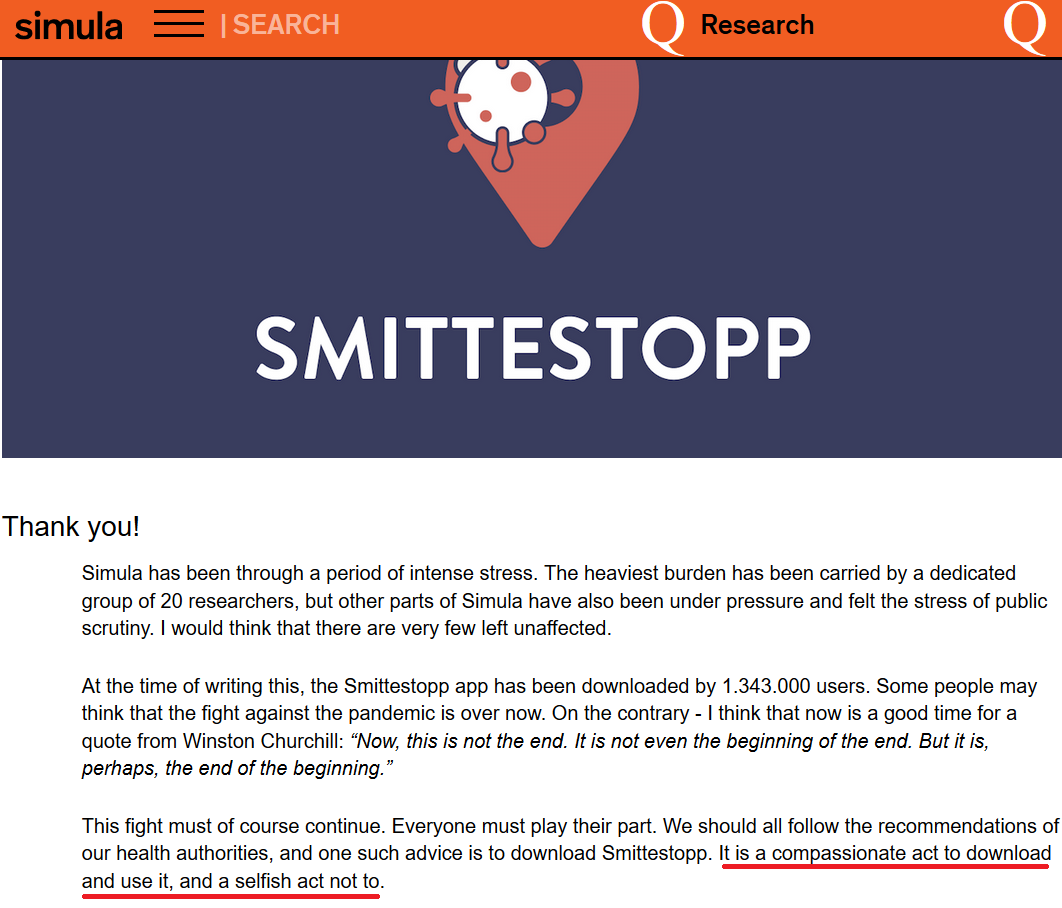In August of 2020, I wrote a post about how smartphone manufacturers fail to provide a long enough period of security updates to the devices they sell. Leaving the market to itself has obviously lead to planned obsolescence being the norm for Android-based devices, where it is necessary to buy a new phone every 2–3 years to stay secure. But things might change for the better. The European Commission is planning to extend [1] its Ecodesign and Energy labelling directive to also apply to smartphone (and similar) products, and with it comes requirements to reparability and minimum security update support period. Currently proposed is a 5 year period for such products, which is great news. Going further, Germany is lobbying [2] to get a 7 year support period for updates and spare parts. It will be interesting to see the outcome of this.
On a personal note, I ended up buying a new Samsung S21 phone, after Sony stopped updates for my two year old Xperia compact. The Samsung phone is too big, but I could not find a better alternative. And I will likely get at least 4 years of updates. I have no need to replace my smartphone every 2 years and contribute to such ridiculous resource waste.
References
- Heise online article (translated to English):
https://www-heise-de.translate.goog/news/EU-plant-Energielabel-und-strenge-Umweltregeln-fuer-Smartphones-und-Tablets-6171979.html?_x_tr_sl=auto&_x_tr_tl=en - Heise online article (translated to English):
https://www-heise-de.translate.goog/news/Bundesregierung-Smartphones-sollen-sieben-Jahre-lang-Updates-erhalten-6179995.html?_x_tr_sl=auto&_x_tr_tl=en
